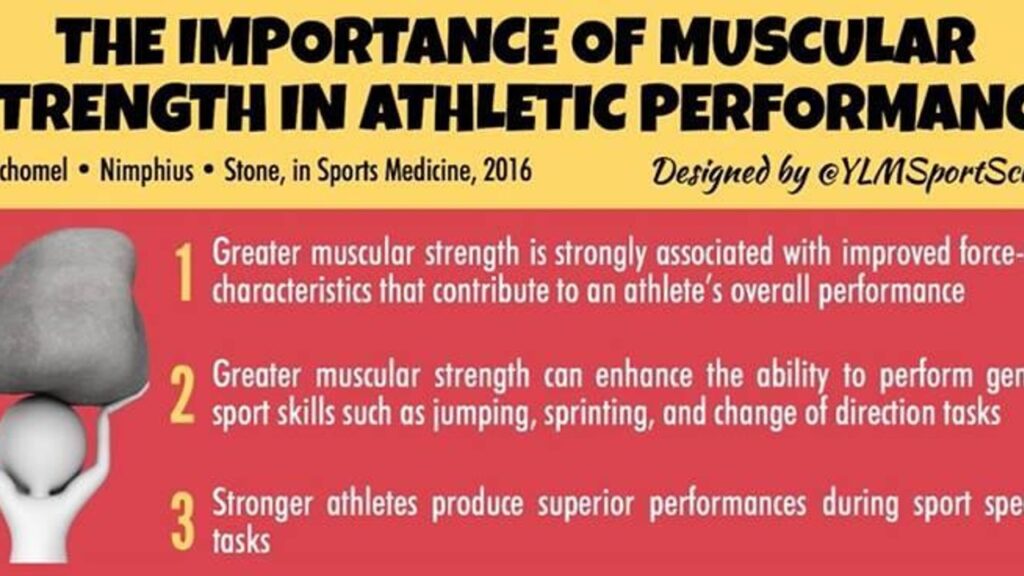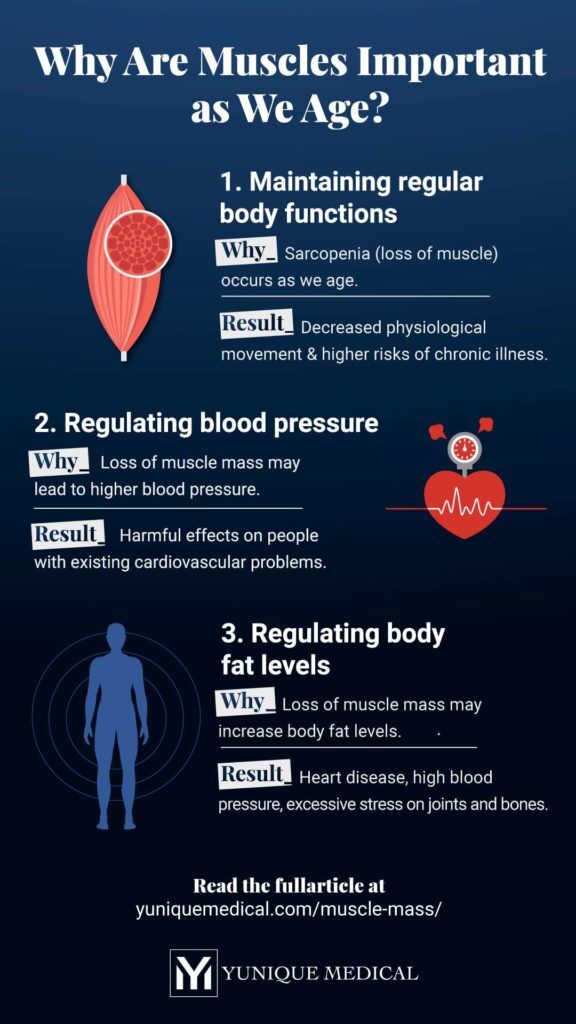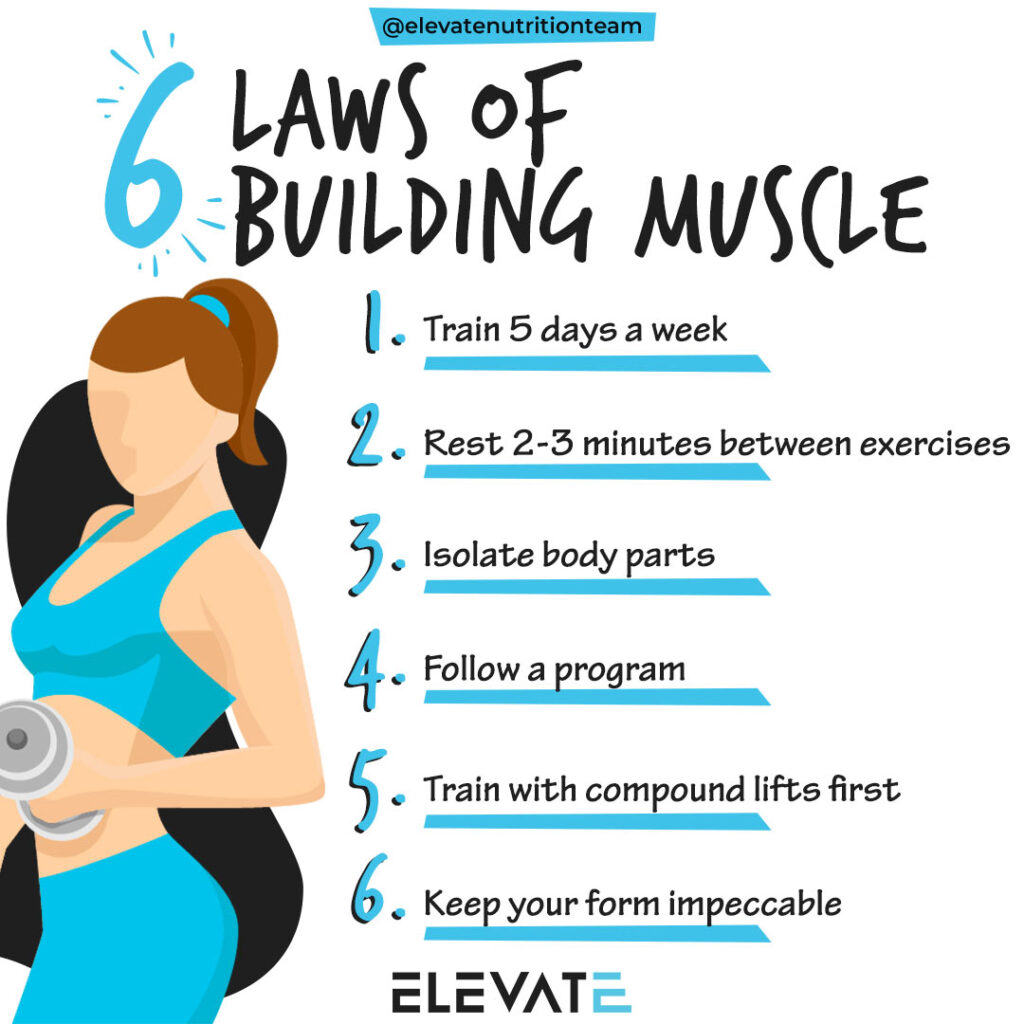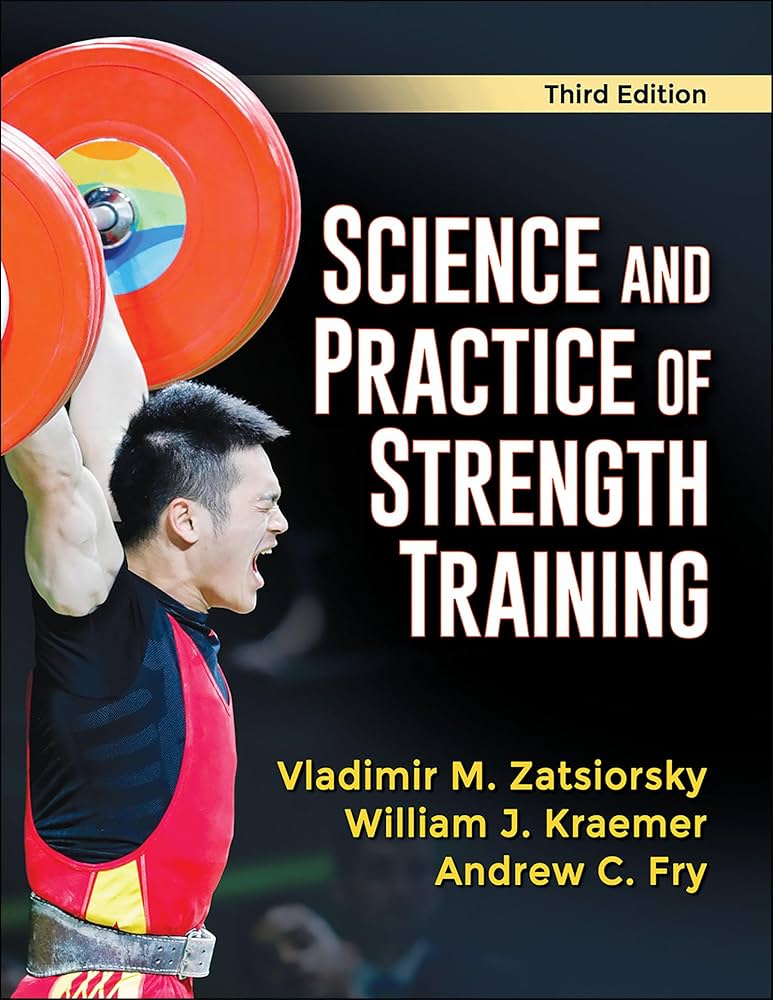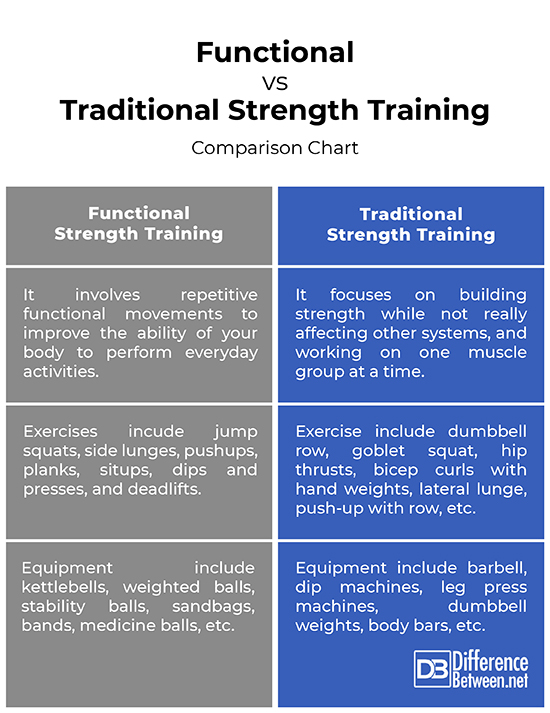Muscle strengthening is crucial for overall health and fitness. It enhances physical performance and reduces the risk of injuries.
Building muscle strength is vital for maintaining a healthy lifestyle. Strong muscles support daily activities, improve posture, and boost metabolism. Engaging in regular strength training helps manage weight by increasing muscle mass, which burns more calories. It also strengthens bones, reducing the risk of osteoporosis.
Enhanced muscle strength contributes to better balance and coordination, lowering the chances of falls, especially in older adults. Incorporating muscle-strengthening exercises into your routine can improve mental health by reducing anxiety and depression. Consistent muscle strengthening ensures you stay active, healthy, and independent as you age.
Health Benefits
Muscle strengthening boosts overall health by improving bone density and enhancing metabolism. It also reduces the risk of chronic diseases and injury. Regular exercise promotes better posture and aids in maintaining a healthy weight.
Heart Health
Muscle strengthening helps your heart. Strong muscles make your heart pump better. Blood flow improves with strong muscles. This reduces heart disease risks. Regular exercise keeps your heart healthy. It can also lower blood pressure. Strong muscles help you feel better. They support overall heart health.
Bone Density
Muscle strengthening is good for bones. It makes bones stronger and denser. Strong bones reduce fracture risks. Exercises like lifting weights help bones grow. Kids and adults both need strong bones. Healthy bones support your body well. Strong muscles protect your bones.
Longevity Factors
Muscle strengthening helps people live longer. Strong muscles support your body better. They make everyday tasks easier. This reduces the risk of injuries. Injuries can shorten life expectancy.
Regular exercise keeps your heart healthy. A healthy heart pumps blood better. This helps all organs work well. When organs work well, life expectancy increases.
Strong muscles slow down the aging process. They keep your bones strong. Strong bones prevent fractures. Fractures can lead to serious health issues.
Exercise boosts your mood. A good mood helps you stay active and happy. Staying active keeps you young. This makes you feel better as you age.
Metabolism Boost
Muscle strengthening helps to burn more calories. Strong muscles use more energy. This means more calories get burned even while resting. This process helps in losing weight and staying fit.
Building muscle helps to manage weight better. Muscles are more active than fat. They help to keep the body in shape. Strong muscles help to prevent weight gain. This makes it easier to stay healthy and fit.
Mental Health
Muscle strengthening helps reduce stress. Exercise releases endorphins, which are happy chemicals. These chemicals make you feel good. They help you relax and reduce anxiety. Less stress means a healthier mind and body.
Strength training improves your mood. It helps fight depression and boosts self-esteem. Feeling strong makes you feel more confident. Confidence leads to a better overall mood. A happy mood makes life more enjoyable.
Injury Prevention
Strong muscles support the joints. This helps keep the joints in place. Weak muscles can lead to joint injuries. Muscle strength acts like a cushion. It absorbs shocks and reduces stress on the joints. This means fewer injuries.
Muscle balance is very important. It helps the body move properly. Strong muscles on both sides of a joint keep it stable. Imbalanced muscles can cause pain and injury. Balanced muscles make daily activities easier and safer.

Credit: medicalxpress.com
Functional Strength
Building muscle strength enhances daily activities, reduces injury risk, and promotes overall health. It improves posture and boosts metabolism.
Daily Activities
Strong muscles help in everyday tasks. Lifting groceries becomes easier. Playing with kids is more fun. Climbing stairs is less tiring. Cleaning the house feels lighter. Muscle strength supports your daily life.
Physical Independence
Strong muscles keep you independent. You can move without help. Getting out of bed is simpler. Sitting and standing become easy. Independence is important for self-confidence. Muscle strength helps achieve this.
Exercise Types
Muscle strengthening boosts overall health, enhances physical performance, and reduces injury risks. Strong muscles support joints and improve balance.
Resistance Training
Resistance training builds muscle strength. It uses weights or bands. This training helps muscles grow. It is great for all ages. It can prevent muscle loss. It also improves bone health. Resistance training can be done at home or gym. It helps in daily activities. It also boosts metabolism. This training reduces body fat. It increases endurance too. Try different exercises for better results.
Bodyweight Exercises
Bodyweight exercises use your own body weight. No equipment is needed. These exercises are easy to do anywhere. Push-ups, squats, and lunges are examples. They build muscle strength. Bodyweight exercises improve balance. They also increase flexibility. These exercises are good for beginners. Advanced users can also benefit. They burn calories too. Bodyweight exercises are fun and effective.
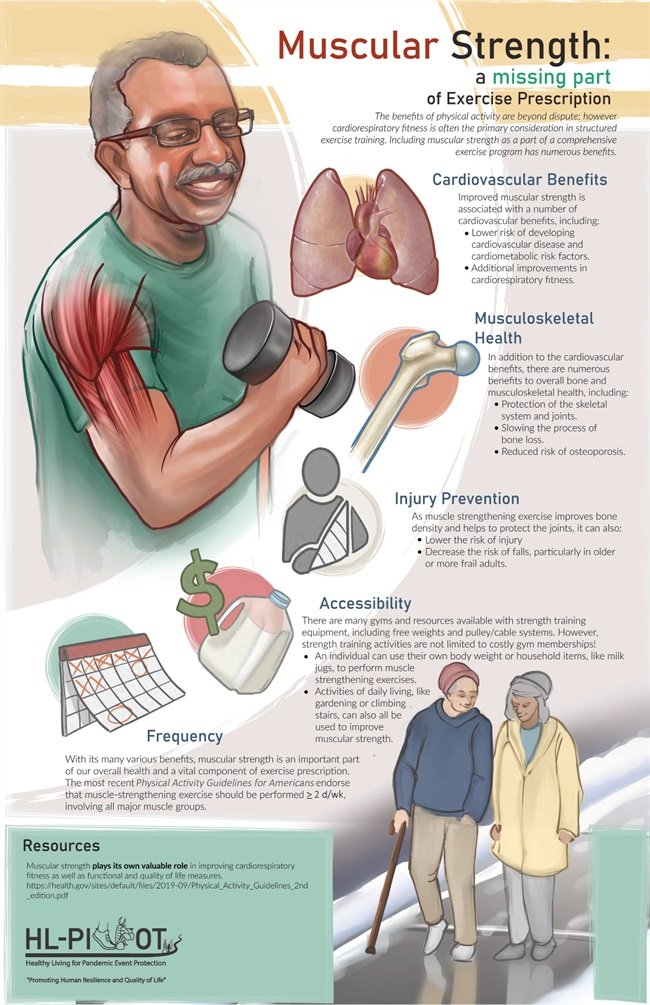
Credit: twitter.com
Getting Started
Start with light weights. Use proper form to avoid injuries. Warm up your muscles before lifting. Focus on different muscle groups. Give your muscles time to rest between workouts. Drink plenty of water to stay hydrated.
Never skip the warm-up. Always lift weights you can handle. Use a spotter for heavy lifts. Keep your back straight to avoid strain. Wear proper workout shoes. Listen to your body and stop if you feel pain.
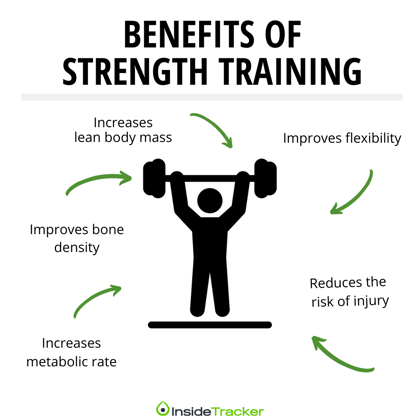
Credit: blog.insidetracker.com
Frequently Asked Questions
What Is Muscle Strengthening?
Muscle strengthening involves exercises that improve muscle power and endurance. It includes activities like weightlifting and resistance training. These exercises help build muscle mass and boost overall strength.
How Often Should You Strengthen Muscles?
Experts recommend muscle-strengthening exercises at least twice a week. Regularity helps improve muscle tone and prevent injuries. Consistency is key for long-term benefits.
What Are The Benefits Of Muscle Strengthening?
Muscle strengthening improves physical fitness and boosts metabolism. It enhances bone density and reduces injury risk. It also supports better posture and overall health.
Can Muscle Strengthening Help With Weight Loss?
Yes, muscle strengthening aids weight loss by boosting metabolism. More muscle mass burns more calories, even at rest. It complements aerobic exercises for effective weight management.
Conclusion
Strengthening your muscles boosts overall health and prevents injuries. It enhances daily activities and improves mental well-being. Incorporate muscle-strengthening exercises into your routine for lasting benefits. Prioritize your strength training to enjoy a healthier, more active lifestyle. Your future self will thank you for the effort you put in today.

